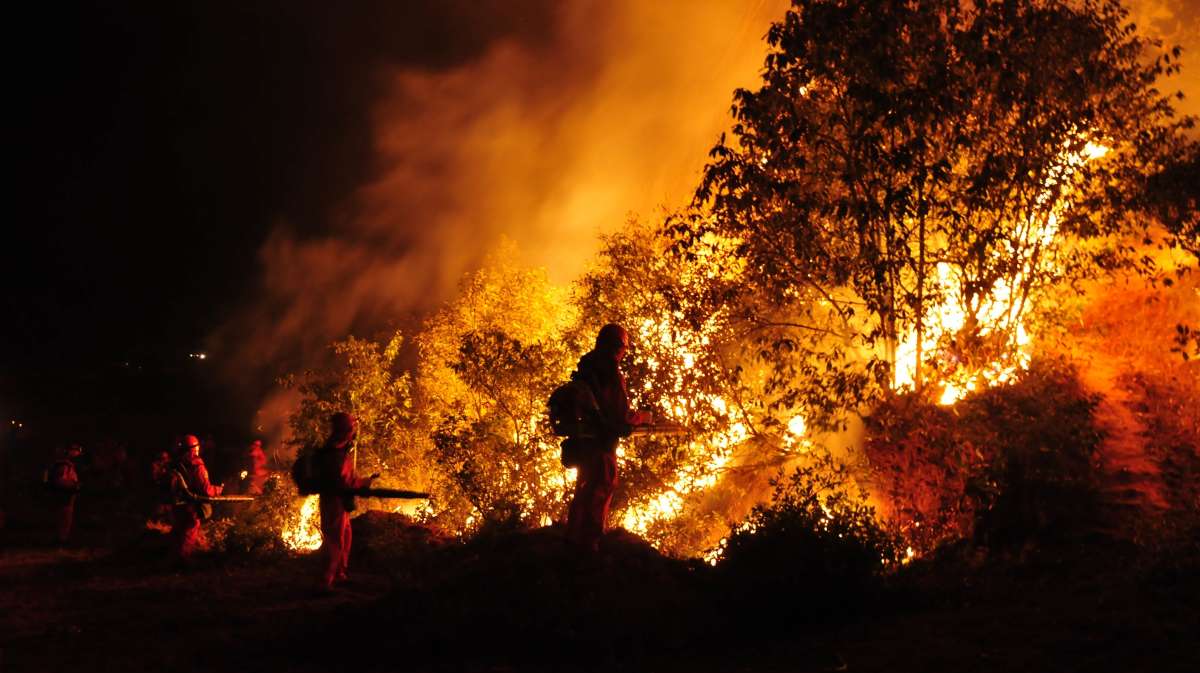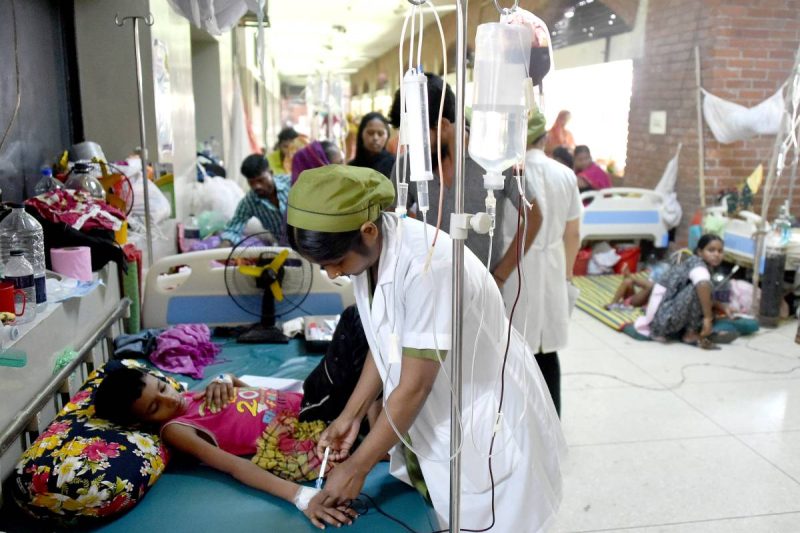Earlier in 2015, 263,696 workers were recorded on the continent, which drastically declined to 88,371 in 2022….reports Asian Lite News
The number of Chinese workers across Africa has dropped significantly to its lowest level in more than a decade, Voice of America reported, citing data from China’s National Bureau of Statistics.
Earlier in 2015, 263,696 workers were recorded on the continent, which drastically declined to 88,371 in 2022.
The China Africa Research Initiative at Johns Hopkins University analysed data from 2009 to 2022 and attributed the drop in numbers partially to the pandemic, as Chinese workers left during that period and the country only reopened in early 2023, VOA reported.
However, the drop in numbers is also due to a variety of other factors, according to the experts, including oil prices and the downscaling of Chinese leader Xi Jinping’s global Belt and Road Initiative, which initially saw thousands of Chinese sent out across the continent to work on large infrastructure projects.
When asked whether the numbers could have rebounded last year and might continue to do so, Deborah Brautigam, director at the China Africa Research Initiative, said, “We have no data for 2023, but anecdotally, we hear that more postponed projects are resuming. Yet we are unlikely to see the high numbers of the past.”
Yunnan Chen, a researcher at ODI Global, a UK-based research group, said, “It might be that some construction has restarted since 2022, but we know the number of overall Chinese-financed projects has been in decline for a number of years, and the last few years have put a damper on any new project deals. So I wouldn’t expect any dramatic increases in these numbers anytime soon.”
According to the statistics, the five countries with the most Chinese workers in 2022 were Algeria, Angola, Egypt, Nigeria and the Democratic Republic of the Congo, reported VOA.
While still leading in the number of workers, Algeria and Angola also saw the biggest drops.
Algeria had more than 91,000 Chinese workers in 2016, while Angola had a peak of 50,000. However, by 2022, only about 7,000 workers remained in each country.
The director of the China Africa Research Initiative further said that the huge drops “are explained by the price of oil. They’re both highly reliant on oil exports and they use this oil to pay for nearly all government spending.”
Moreover, China has been criticised for failing to aid job creation in Africa or equip local residents with new skills, despite its massive projects, as reported by VOA.
While large numbers of local workers have indeed been employed, it’s often been in the most basic of roles, whereas more senior jobs have been reserved for Chinese.
“Generally, Chinese projects do hire local labourers,” said Chen.
Even though China sends fewer of its people to Africa, hiring Africans for higher-paid, skilled jobs by Chinese companies may not happen immediately, Brautigam added. (ANI)
ALSO READ: India goes to poll













